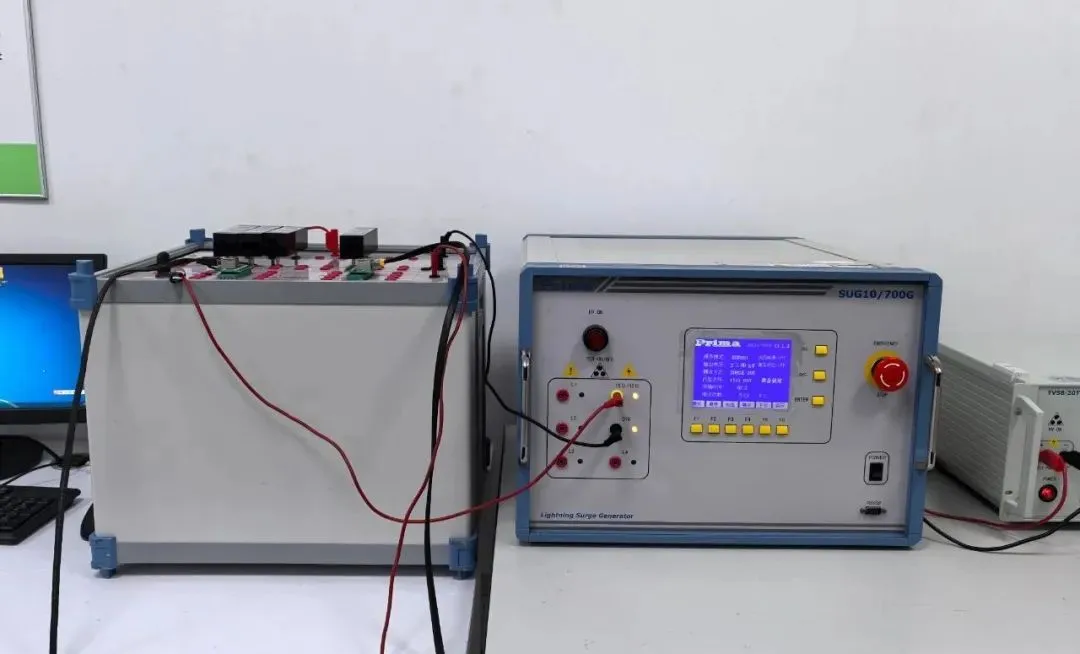
FCC Certification: Beware of Non-Compliant U.S. Agents
Starting February 6, 2023, all fcc equipment authorizations (fcc id applications) require applicants, whether based inside or outside the U.S., to designate a U.S.-based contact as their designated agent for service of process. This marks the mandatory requirement for a U.S. agent in FCC ID applications. However, some manufacturers continue to use non-compliant agents, leading to FCC ID applications receiving comments or, in severe cases, fines from the FCC.
To help clarify the requirements for U.S. agents, here are answers to some common questions:
1. Difference Between FCC ID and fcc sdoc Requirements:
While FCC sdoc has long requiRED a U.S. agent, the FCC ID mandate for a U.S. agent became compULsory starting February 6, 2023.
2. Restrictions on U.S. Agents:
U.S. agents for FCC ID applications must not be TCBs (Telecommunication Certification Bodies) or FCC-recognized testing laboratories, nor their affiliates or individuals associated with them. Although FCC 22-84 does not explicitly prohibit TCBs from acting as agents for service of process, this role may conflict with their obligation to maintain impartiality in equipment authorization approvals. Similar concerns apply to the objectivity of testing laboratories. Thus, entities such as TCBs, FCC-accredited labs, and their employees, subsidiaries, or affiliates should not serve as agents for service of process.
3. U.S. Agent Location:
The U.S. agent must be located within the United States.
4. FRN Requirements for U.S. Agents:
If the U.S. agent conducts business with the FCC, they must have an FRN (FCC Registration Number), which should be included in the certification letter submitted with the FCC ID application. If the agent is solely designated as a service agent and does not engage in business with the FCC, a separate FRN is not required. In such cases, the applicant's FRN should be included in the certification letter.
5. Self-Designation by U.S.-Based Applicants:
If the applicant (grantee) is located in the U.S., they can act as their own U.S. agent. In this case, the applicant must submit a certification letter with the FCC ID application, including the required contact information and explicitly designating themselves as the agent.
6. Retention Period for U.S. Agents:
The designated agent for service of process must be retained throughout the product's market availability and for at least one year after the product is discontinued. There is no minimum term for a designated agent, and applicants may change their agent at any time in accordance with Section 2.929 of the FCC rules.
7. Notification of Agent Changes:
If the U.S. agent can no longer provide services, the applicant (grantee) must notify the FCC of any changes to the agent or their contact information (e.g., company address, contact person, email) within 30 days of the change. Notification should be made via the TCB that issued the FCC ID.
Understanding and adhering to these regulations is essential to avoid application delays or penalties.
Email:hello@jjrlab.com
Write your message here and send it to us
 What is the EN 61326-2-3 Standard?
What is the EN 61326-2-3 Standard?
 Why Do Smart Sockets Need IEC 60884 Certification?
Why Do Smart Sockets Need IEC 60884 Certification?
 Why Retest the Device if the 5G Module Already Has
Why Retest the Device if the 5G Module Already Has
 Overview of IEC 62087 Test Standard
Overview of IEC 62087 Test Standard
 CISPR 25 Test Standard Compliance Guide
CISPR 25 Test Standard Compliance Guide
 IEC/UL/CSA 62368-1 Electrical Distance Testing
IEC/UL/CSA 62368-1 Electrical Distance Testing
 Canada Wireless Device IC Certification RSS-210 Te
Canada Wireless Device IC Certification RSS-210 Te
 FCC Part 15.231 for Wireless Remote Controls and S
FCC Part 15.231 for Wireless Remote Controls and S
Leave us a message
24-hour online customer service at any time to respond, so that you worry!




